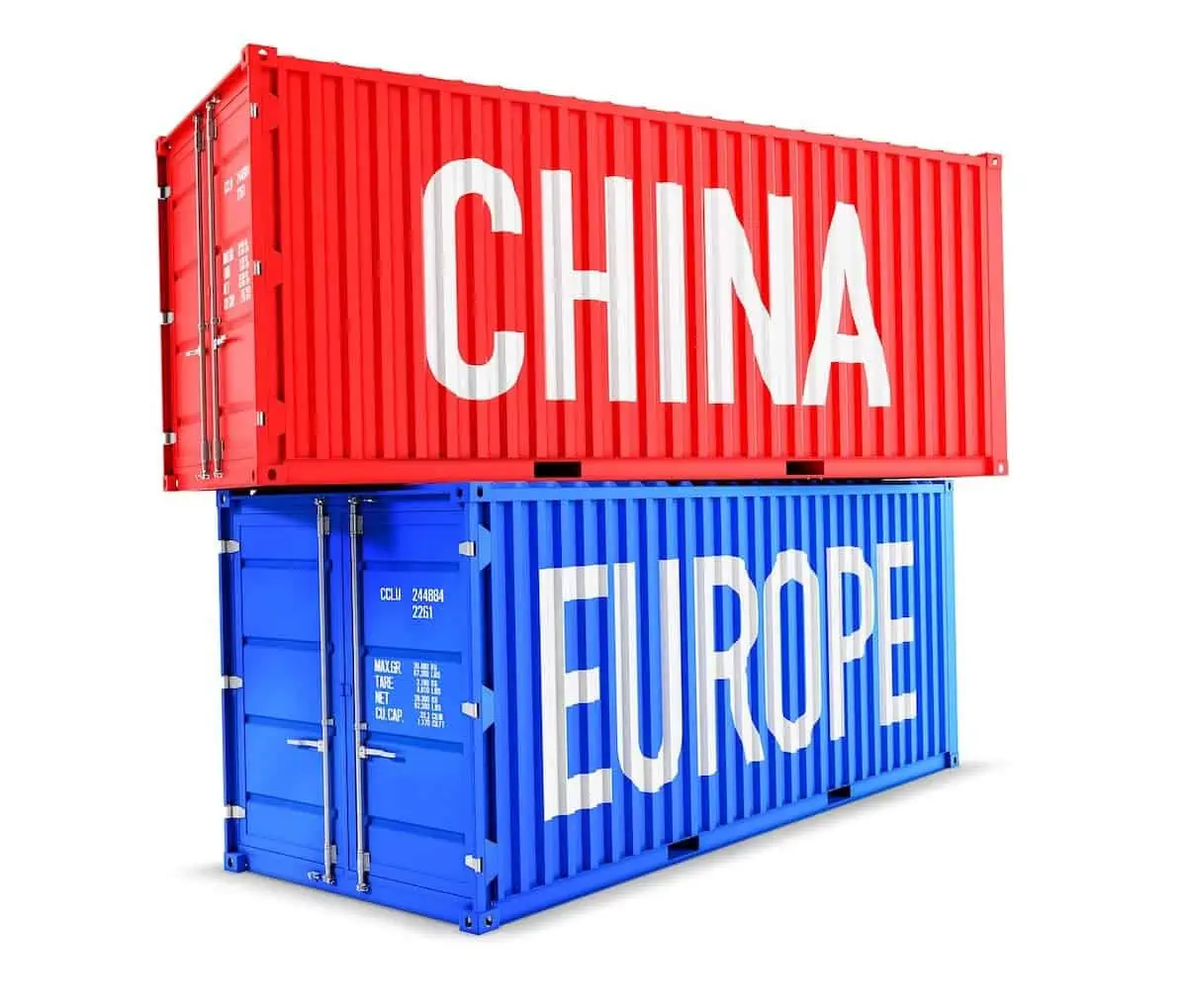Knowing how to negotiate with Chinese suppliers is a critical skill for British businesses aiming to import goods. The process requires a clear understanding of both cultural nuances and the mechanics of a good deal and it isn’t just about getting a lower price, but about building a relationship that benefits both your UK business and the supplier in China.
It’s about finding a balance where quality, price, and timing meet your business needs without compromising the supplier’s ability to deliver.
With the right strategy, British companies can secure a competitive edge, ensuring their ventures into international trade are both profitable and sustainable.
Navigating Logistics: The Role of Freight Forwarding in Importing from China
Working with a freight forwarder is a smart move when importing from China to the UK. These experts make the shipping process smoother and often cheaper, especially if you’re sending goods by sea. They know the best ways to pack and ship different types of cargo, whether it’s a little or a lot, and they understand how to handle urgent shipments efficiently.
Freight forwarders are really good at dealing with complicated shipping rules and making sure your goods pass through customs without any hiccups. This is a big help for UK businesses because it lets them concentrate on their deal with the Chinese supplier without worrying about shipping problems.
A reliable freight forwarder means that both the UK business and the Chinese supplier can trust that the products will move between countries without any trouble, which is great for everyone involved.
Building Trust: Cultural Nuances in Negotiations with Chinese Suppliers
When you’re talking business with suppliers in China, it’s important to understand their culture. It’s not just about the price; it’s also about respect and building a relationship. The Chinese business culture values patience and politeness. Rushing or being too direct can be seen as rude. It’s wise to take the time to get to know your suppliers and show interest in their work and culture.
Face-to-face meetings, even if they’re online, can help build this trust. When you show that you’re serious about a long-term partnership, suppliers are more likely to give you better deals and services. Remember to be clear about what you want and to listen carefully to their needs. This mutual understanding is the foundation for a strong business relationship.
Building a strong, respectful relationship with Chinese suppliers is crucial for successful negotiations. In China, business is built on guanxi (关系), a concept that encompasses mutual obligation, trust, and the understanding that the partnership will be beneficial to both sides over time. Showing that you’re interested in a long-term and fruitful relationship is key. It’s not just about the individual deal, but about creating a bond that will last and grow.
To do this effectively, you need to show that you respect their ways of working and are aware of the Chinese government’s role in business. It’s also important to ‘save face’ – this means respecting their dignity in all interactions. Never put a supplier in an uncomfortable position or cause embarrassment. Demonstrating an understanding of these aspects can set you apart and pave the way for a trusted relationship.
Understanding these cultural elements can lead to better deals and stronger alliances. Suppliers are likely to respond positively to a partner who respects their culture and looks out for their reputation, as well as their bottom line.
Negotiation Strategies: Effective Communication and Price Bargaining
When you’re ready to talk numbers with Chinese suppliers, clear and honest communication is your best strategy. Start by doing your homework so you know what a fair price looks like. Then, when it’s time to discuss costs, be upfront about what you’re looking for and why. Suppliers respect buyers who know their stuff and can explain their position clearly.
It’s also smart to talk about more than just the price. Discuss quality, delivery times, and payment terms. These factors can sometimes be just as important as the cost. If you can be flexible on some points, you might get a better deal on others.
Remember to be patient. Bargaining can take time, and it’s often a sign of respect to go back and forth a bit before agreeing. It shows you’re taking the negotiation seriously. Keep in mind that the goal isn’t to win at all costs, but to reach a deal that’s good for both your business and the supplier.
Sustaining Partnerships: Post-Negotiation and Long-Term Collaboration
After closing a deal with a Chinese supplier, your work isn’t over. Keeping a good relationship is just as important as starting one. Regular communication can help here. Check in with your suppliers, not just when you need something, but also to see how things are going on their end. It shows you value the partnership.
A long-term view can lead to better deals and loyalty. Suppliers often prefer to work with businesses that plan to stick around. This means they may offer you better prices or terms in the future. Always pay on time and give feedback about their products. If there are issues, address them respectfully. This helps to maintain trust and respect on both sides.
These steps make it more likely that your supplier will go the extra mile for you when you need it. They know you’re in it for the long haul and that you’ll treat them fairly. This kind of relationship is what successful international trade is built on.
Negotiate with Chinese Suppliers article and permission to publish here provided by Francesca Bandini. Originally written for Supply Chain Game Changer and published on November 22, 2023.
Cover image by Gino Crescoli from Pixabay

